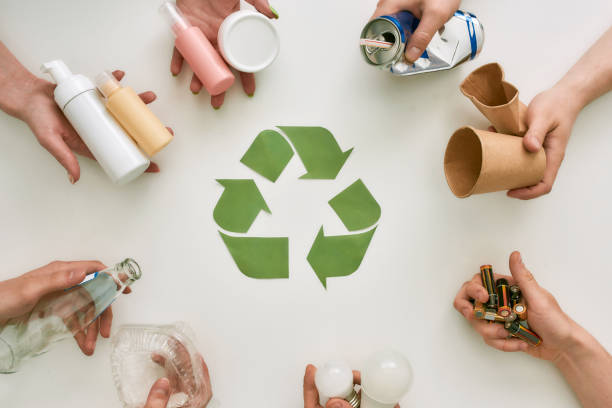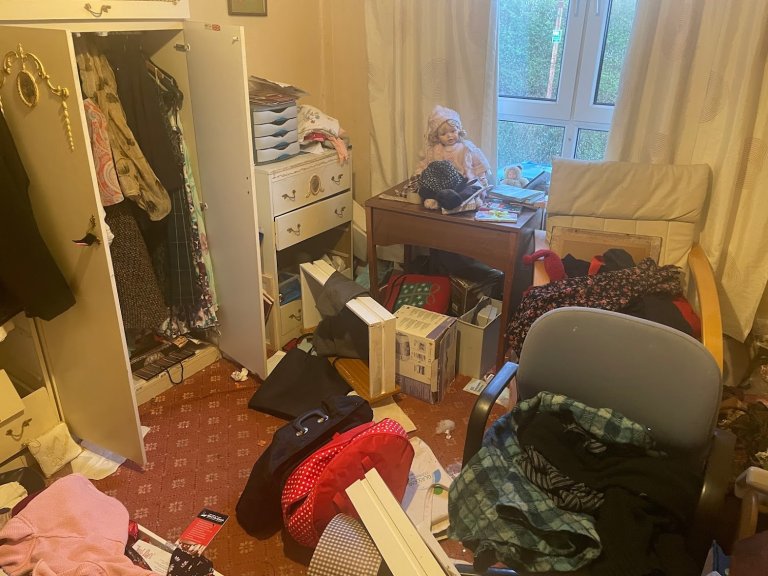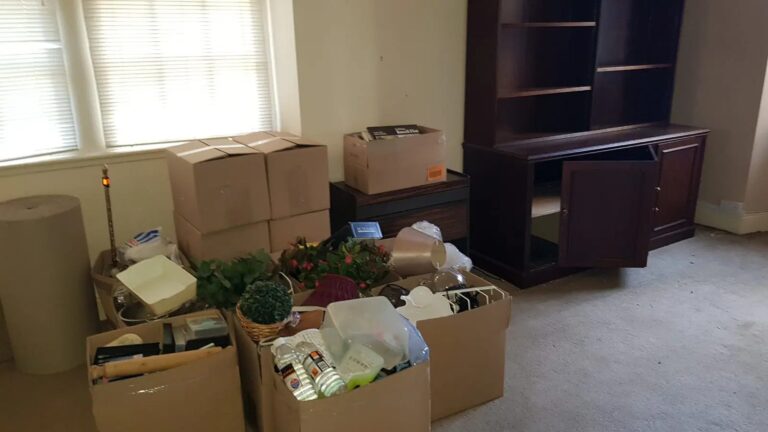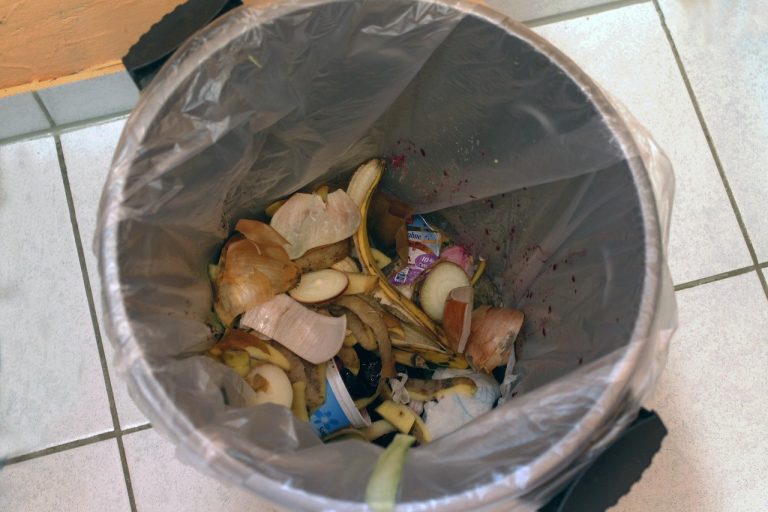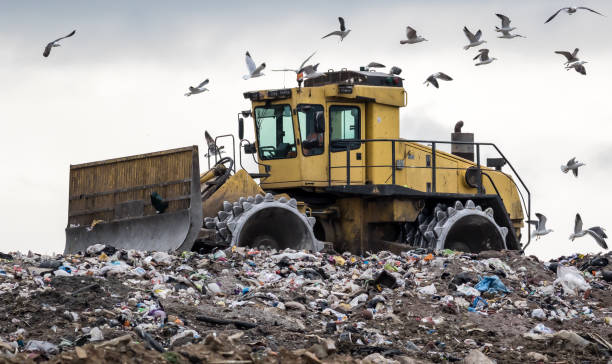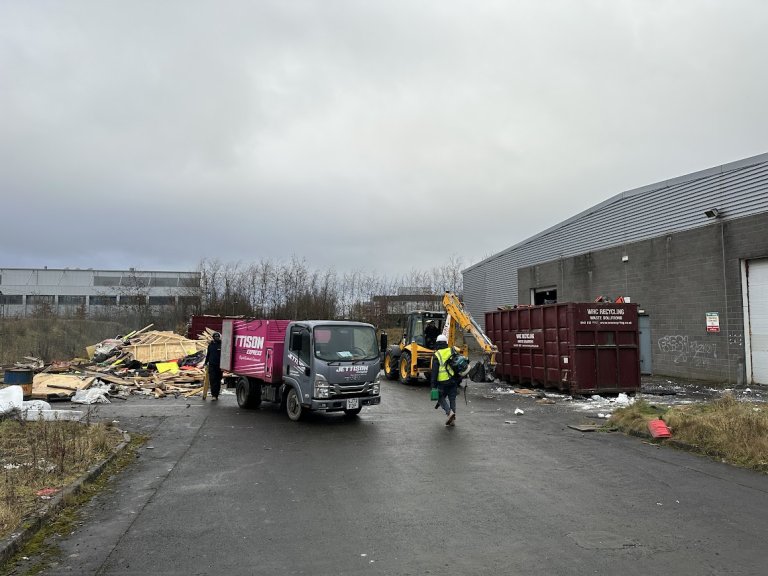Top 5 Recycling Facts to Consider for Your Junk Waste Removal
Despite all the demonstrations and conferences to address the climate change issue, including COP26 which the UK is hosting in Glasgow this November, there are still a large number of individuals who believe recycling is not an important matter.
Here are a few simple facts to get you wondering about how important it is for the environment that you recycle your household waste.
- #1: The number of dustbins in the United Kingdom would drop by about 14 million if all aluminium cans were recycled, reducing tonnes of waste sent to landfills.
- #2: In the UK, 15 million bottles per day and 275,000 tonnes of plastics are consumed annually, contributing to the million tons of waste in landfills. Glass is 100% recyclable and has a 4000-year decomposition time, although it may still be used repeatedly.
- #3: A recycled tin can save sufficient energy to run a television for around three hours. Recycling glass can save you extra energy to run a computer for 30 minutes. A recycled plastic bottle may also store adequate energy to illuminate a 60-watt bulb for three hours.
- #4: 10,000 tons of garbage that were recycled would create more employment opportunities. Waste burning would only result in the creation of 6 employment, but recycling would result in 36 jobs being created at the recycling centre.
- #5: Every seven weeks, the average individual produces garbage equal to their body weight, therefore over the course of a year, that amount of garbage would be seven times that person’s weight.
Waste Storage and Segregation When Recycling
For recycling and efficient waste management, sort your waste into designated categories like paper, plastic, and metals can be recycled to reduce the demand for new materials and lower the recycling rate in landfills. When placing them out for recycling, ensure that glass bottles and food waste are properly sorted. ensure these materials are in clearly marked and sealed containers.
While reputable same-day junk removal companies typically have the necessary permits, it’s always wise to double-check before handing over your trash. You can contact this specific service at 0333 880 6800.
Remember, you are ultimately responsible for your waste, and proper disposal can help reduce landfill waste. If you have concerns about proper recycling or disposal, take action. Separate, collect, and transport your waste responsibly, ensuring safety for yourself and others while also reducing the amount of waste sent to landfills. The same principles apply to anyone handling or transporting waste.
Track Your Waste for Improvement:
Keeping a waste journal is a valuable practice. By recording the items you dispose of, you can track how much waste is being diverted from landfills. you can gain insights for waste minimization efforts. This allows you to identify areas for improvement and reduce your overall waste footprint.
Identify Any Harmful or Special Waste You May Have
Special wastes are those that have the potential to harm both the environment and human health. For recycling these dangerous materials, the UK government has tight regulations to improve the recycling rate and reduce landfill waste. Typically, toxic waste originates from either e-waste or health and medical supplies.
These toxic materials include the following:
- Energy-efficient light bulbs and fluorescent tubes
- Aerosols and other solvents
- Chemicals like printer toner and brake fluid
- Engine oil.
- Asbestos
- Lead-acid batteries used in vehicles and other electronics
- Pesticides
- Electrical devices that could be dangerous, such as cathode ray tubes. TVs and computer monitors are two examples of electronic waste that can be recycled to conserve resources and reduce landfill waste.
- Refrigerators made with CFCs
Avoid Pollution When Storing and Moving
Consider taking action to reduce pollution by:
- Spills from waste processing equipment, such as waste compressor hydraulic oil leaks.
- Wind-blown trash can ultimately end up in the ocean, contributing to pollution.
- During transportation, waste spilt
- Storage tank and container leaks
Keeping some things in storage might contaminate your environment. You will be responsible for the clean-up fees following this. This remains true for goods like leaking batteries, carelessly handled fluorescent lighting, printer toner, and more. So be sure to quickly eliminate such polluting garbage.
Waste Management and Storage
Waste must be kept separate from the surface water drainage system and in locations where it won’t pollute the environment. It is best to colour-code your trash, for example using red for hazardous material and green for glass.
Make sure the hazardous garbage is segregated.
Compressing Waste
Baling or compressing your waste with a baler or compressor can significantly reduce transportation costs, and less energy is required for transportation, especially for large volumes. This translates to significant savings for you. Here’s what to keep in mind when compacting waste:
- Cleanliness is Key: Empty and clean all containers like drums, plastic bottles, and cartons before compaction.
- Moisture Matters: Dry any paper or cardboard before compacting to prevent the spread of mould and odours within the compressor.
- Prevent Pollution: Maintain a safe distance between the compressor and surface water drains to avoid contamination, preventing tonnes of waste from entering the ocean.
- Permits First: Always obtain approval from your local waste management authority before using a baler or compressor. You can contact your environmental agency for more information ([consider removing the phone number as it might be specific to a location]).
Recycle Right:
Before compacting plastic waste, remember that only certain types can be recycled. Here are the top three commonly recyclable plastics:
- High-density Polyethylene (HDPE)
- Polyethylene Terephthalate (PET) is often used in making plastic bottles, which can be recycled to reduce landfill waste.
- Polypropylene (PP) – Not mentioned in the original text, but commonly recyclable and can help improve the recycling rate.
Every Action Counts: Recycle, reuse, and reduce to lower the million tons of paper and other materials ending up in landfills.
Responsible waste management benefits future generations by creating a cleaner planet. Remember to segregate your waste properly after reading this, and share this knowledge with anyone who might not be aware. Together, we can make a difference!

